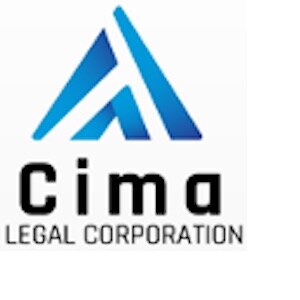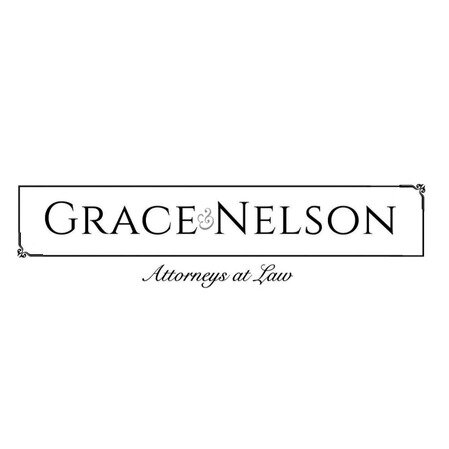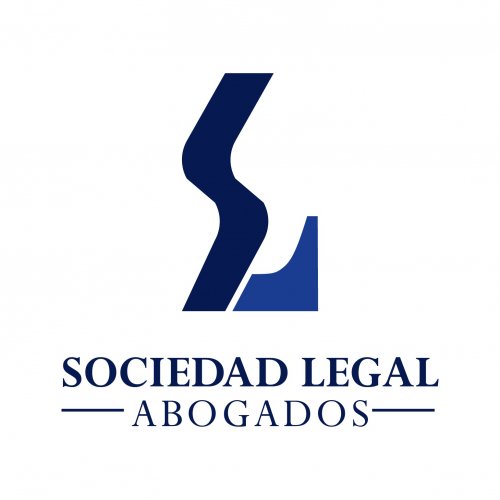Best Corporate Governance Lawyers in Ecuador
Share your needs with us, get contacted by law firms.
Free. Takes 2 min.
Or refine your search by selecting a city:
List of the best lawyers in Ecuador
About Corporate Governance Law in Ecuador
Corporate governance in Ecuador refers to the set of rules, practices, and processes by which companies are directed and controlled. The objective is to balance the interests of a company’s stakeholders, including shareholders, management, customers, suppliers, financiers, government, and the community. In Ecuador, corporate governance has seen significant development, influenced by international standards and the requirements of local regulatory bodies such as the Superintendencia de Compañías, Valores y Seguros (Superintendency of Companies, Securities, and Insurance).
Ecuadorian law aims to ensure that corporations operate transparently, ethically, and accountably. Good corporate governance is essential for fostering investor confidence, supporting economic development, and ensuring compliance with both national and international legal frameworks.
Why You May Need a Lawyer
There are several circumstances where legal advice on corporate governance in Ecuador is vital. These include:
- Forming a new corporation or restructuring an existing entity
- Advising the board of directors or senior management on compliance matters
- Drafting or revising bylaws, shareholder agreements, or internal governance policies
- Addressing conflicts of interest among shareholders or directors
- Ensuring compliance with Ecuadorian financial regulations and reporting requirements
- Dispute resolution among stakeholders
- Advising on mergers, acquisitions, or divestitures
- Navigating regulatory investigations or audits related to corporate conduct
A lawyer with expertise in corporate governance can help your organization not only comply with the law but also implement best practices that reduce risks and support long-term success.
Local Laws Overview
Some of the most important legal frameworks and issues for corporate governance in Ecuador include:
- Companies Law (Ley de Compañías): This is the primary legal source regulating corporations, partnerships, and other business structures. It covers incorporation, governance bodies, shareholders' rights, transparency, and dissolution procedures.
- Stock Market Law (Ley del Mercado de Valores): For publicly traded companies, this law outlines additional transparency, reporting, and governance standards.
- Superintendency of Companies, Securities, and Insurance Regulations: This authority issues mandatory regulations that enhance disclosure, governance policies, and corporate ethics.
- Duties and Liabilities: Directors and officers have duties of loyalty, diligence, and the obligation to act in the company’s best interests.
- Shareholder Rights: Shareholder protection is regulated for both majority and minority investors, ensuring transparency in decision-making and access to company information.
- Corporate Social Responsibility: Recent regulatory trends encourage or require companies to consider social and environmental criteria in governance practices.
Failing to comply with Ecuadorian corporate governance requirements can lead to fines, administrative sanctions, reputational harm, and even criminal liability in cases of fraud or severe non-compliance.
Frequently Asked Questions
What is the role of the board of directors in Ecuadorian companies?
The board of directors is responsible for the strategic direction, management oversight, and ensuring compliance with legal and ethical standards. The board acts on behalf of shareholders and must base its decisions on the best interests of the company.
Are there specific requirements for board composition in Ecuador?
Ecuadorian law sets minimum requirements for the number of directors depending on the company type. Additional rules may apply for publicly traded companies, such as independent director requirements.
Do shareholders have the right to access company information?
Yes, shareholders have the right to request and obtain information about the company’s financial condition, corporate decisions, and governance procedures, subject to the limits set out in corporate bylaws and the Companies Law.
What are common corporate governance mistakes made by companies in Ecuador?
Common mistakes include failing to keep proper records of shareholder and board meetings, lack of transparency in decision-making, non-compliance with regulatory filings, and not updating company statutes or bylaws in line with the law.
What are the consequences of poor corporate governance?
Consequences can range from monetary fines and sanctions by regulators to lawsuits from shareholders, loss of investor confidence, or even criminal charges against company officers in cases of fraud or gross negligence.
Are foreign investors subject to the same corporate governance rules?
Yes, foreign investors or shareholders must comply with the same corporate governance rules as Ecuadorian nationals, although there may be additional requirements depending on the sector or the specific investment structure.
What is required for transparency and disclosure?
Companies must provide regular financial reports, disclose material events, and communicate clearly with both shareholders and regulators. Enhanced disclosure rules apply to public companies and those in regulated sectors.
How are disputes between shareholders resolved?
Corporate bylaws often establish mechanisms for resolving disputes, such as arbitration or mediation. In the absence of an agreement, disputes can be brought before civil courts or through administrative channels depending on the case.
What role do auditors play in corporate governance?
Independent auditors review and certify the company’s financial statements, helping ensure the accuracy of disclosure and fostering confidence among stakeholders.
How can a company improve its corporate governance practices?
Regular training for directors and officers, periodic review of governance policies, transparency in dealings, and engaging expert legal or compliance advisors are key ways to improve governance.
Additional Resources
The following resources can be helpful for those seeking guidance on corporate governance in Ecuador:
- Superintendencia de Compañías, Valores y Seguros: The main regulatory authority for corporate conduct in Ecuador.
- Chamber of Commerce of Quito and Guayaquil: Organizations that offer guidance, training, and resources for best business practices.
- Ecuadorian Institute of Corporate Governance (Instituto Ecuatoriano de Gobernanza Corporativa): Provides information, workshops, and tools on governance standards.
- Official Government Publications: Laws and official bulletins often contain updates on regulations that affect corporate governance.
- Legal Consultancies and Law Firms: Many firms publish practical guides or offer initial consultations to help you better understand your obligations and rights.
Next Steps
If you need legal assistance in corporate governance, consider the following steps:
- Identify your main concerns or questions related to your company’s current governance practices.
- Gather basic company documents, such as bylaws, shareholder agreements, and recent financial statements.
- Schedule a consultation with a lawyer who specializes in corporate governance in Ecuador.
- Discuss your situation openly and be ready to provide all relevant information so the lawyer can offer comprehensive advice.
- Implement recommended changes or updates to ensure your company complies with Ecuadorian law and follows best governance practices.
- Stay informed about changes in corporate and business laws through official channels or by subscribing to industry updates.
Taking timely legal advice can help your business avoid unnecessary risks, strengthen its market reputation, and operate more efficiently and ethically.
Lawzana helps you find the best lawyers and law firms in Ecuador through a curated and pre-screened list of qualified legal professionals. Our platform offers rankings and detailed profiles of attorneys and law firms, allowing you to compare based on practice areas, including Corporate Governance, experience, and client feedback.
Each profile includes a description of the firm's areas of practice, client reviews, team members and partners, year of establishment, spoken languages, office locations, contact information, social media presence, and any published articles or resources. Most firms on our platform speak English and are experienced in both local and international legal matters.
Get a quote from top-rated law firms in Ecuador — quickly, securely, and without unnecessary hassle.
Disclaimer:
The information provided on this page is for general informational purposes only and does not constitute legal advice. While we strive to ensure the accuracy and relevance of the content, legal information may change over time, and interpretations of the law can vary. You should always consult with a qualified legal professional for advice specific to your situation.
We disclaim all liability for actions taken or not taken based on the content of this page. If you believe any information is incorrect or outdated, please contact us, and we will review and update it where appropriate.
Browse corporate governance law firms by city in Ecuador
Refine your search by selecting a city.

















